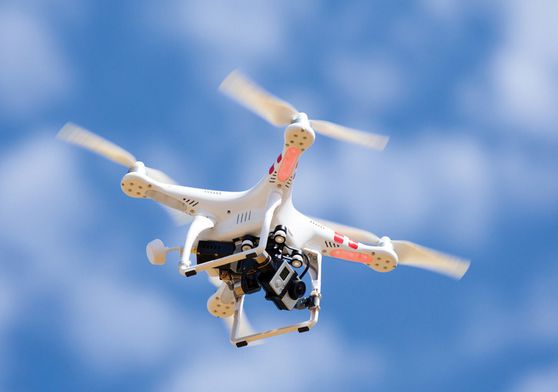Understanding the Drone Pilot Career Landscape
The journey to becoming a drone pilot can vary depending on the industry interest and specific skill sets desired. Many individuals start by acquiring a certification, such as the FAA Part 107 license in the United States, which is a fundamental step in pursuing professional drone operations. Certification ensures that pilots possess necessary knowledge regarding airspace regulations, flight dynamics, and meteorological conditions.
Exploring Diverse Sectors
The realm of drone piloting is vast, spanning across multiple sectors like agriculture, construction, media production, and emergency services. Agriculture benefits from precision farming where drones monitor crop health, soil conditions, and irrigation systems. Construction sites utilize drones to survey land, track progress, and enhance worker safety. The film and media industry employs drones for capturing breathtaking aerial footage, offering angles that were once unimaginable. Likewise, emergency services rely on drones during search and rescue operations for quick and efficient location scouting.
Pathway to Becoming a Drone Pilot
Starting a career as a drone pilot involves a mix of formal education, hands-on experience, and continuous learning. Aspiring pilots often enroll in training programs that provide comprehensive knowledge about drone technology, its applications, and regulatory compliance. Gaining practical experience through flight simulations or internships enables individuals to build confidence and proficiency.
Skills Necessary for Success
Technical skills are crucial, including the ability to adeptly operate various drone models and troubleshoot technical issues. Understanding data analytics and post-processing software for aerial imagery can give pilots a competitive edge. Aside from technical skills, soft skills like communication, teamwork, and problem-solving are equally important to collaborate effectively with teams and clients.
Advantages of a Drone Pilot Career
There are several benefits to pursuing a career in drone piloting. It offers flexibility in terms of working hours and the possibility of freelance or contract-based projects, providing autonomy over work-life balance. Moreover, the industry is fast-growing, thus creating numerous job positions and opportunities for career advancement. The dynamic nature of drone technology means continuous learning and innovation, which can be incredibly fulfilling for tech enthusiasts.
Q1: What is the expected salary for a drone pilot?
A1: Salaries can vary widely based on experience, location, and industry. On average, entry-level drone pilots might earn around $40,000 annually, while experienced pilots in specialized industries can make upwards of $100,000.
Q2: Do drone pilots need to renew their certification?
A2: Yes, certifications like the FAA Part 107 require renewal every two years to ensure pilots are updated with current regulations and standards.

Q3: Is there a demand for drone pilots internationally?
A3: Absolutely. The global market for drone applications is expansive, and countries worldwide are integrating drones into various sectors, requiring skilled pilots.
